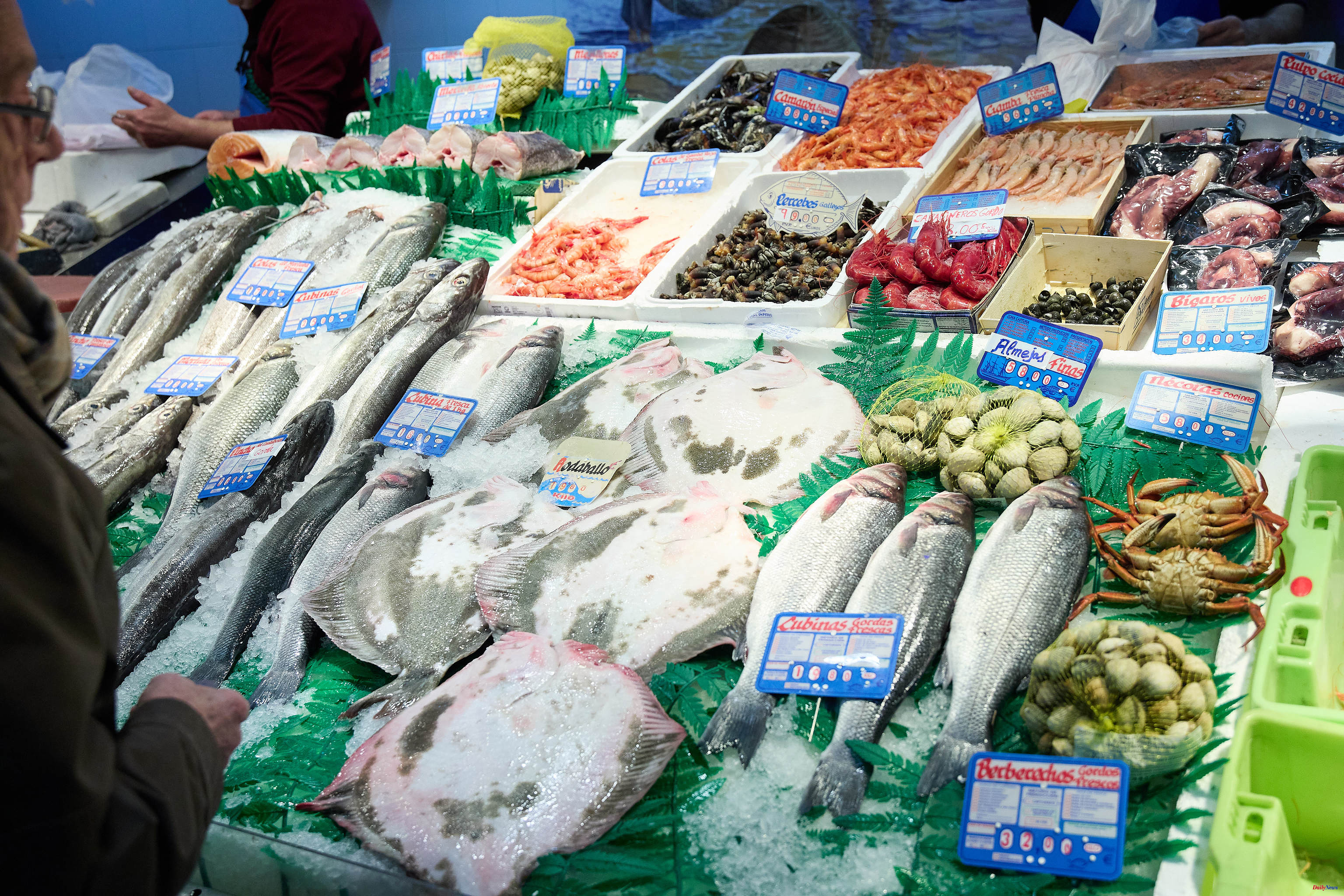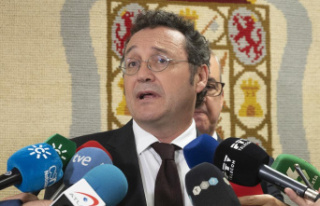The Spanish fishing sector raises its tone against the Government. Two months after the entry into force of the VAT reduction for certain foods in the basic shopping basket, they have verified a 20% drop in sales that is directly related to the exclusion of fish from this tax reduction. "It has aggravated the decline in consumption," they warn.
Specifically, according to the figures handled by the sector, fish sales have fallen by 20% in the first two months of this year compared to the same period in 2022. A decrease that is linked to the exclusion of this basic product from the list of food affected by the VAT reduction, which is "pushing the discouragement that its consumption has suffered for years in our country," they denounce.
The latest data from the Ministry of Agriculture, Fisheries and Food show that the consumption of fishery products registered a decrease of 15.2% between the months of January and November 2022 in relation to the same period of the previous year, which adds to the drop cumulative rate of 20.4% between 2008 and 2021.
The problem, therefore, came from before. But the fact of not having included fish in foods with reduced or suppressed VAT has further plunged consumption, denounce sources from the sector who recall that in practically all the countries of the European Union, fishery products enjoy a VAT rate reduced with respect to the general rate and most governments are applying rates below the 10% that is currently charged in Spain. For example, while in Ireland, the United Kingdom or Malta VAT is not applied to fish, France taxes it with 5.5%, Luxembourg, with 3% or Belgium with 6%, like neighboring Portugal (6% ) or Germany, which applied a VAT of 7% and has reduced it to 5%.
From the sector they denounced this Thursday, at a lunch with journalists organized by the Spanish Fisheries Confederation (Cepesca) that brought together the main associations of the sector, who have tried to dialogue with the Government and have obtained silence in response. At the beginning of the year they sent a joint letter to President Pedro Sánchez and the ministries involved in which they demanded that the decision not to include fish in the shopping basket with reduced VAT be reconsidered "urgently". But his request was ignored.
Two months later, with the data on the drop in sales on the table -based on sector estimates, since we will still have to wait a while to see its reflection in the statistics of the Ministry headed by Luis Planas- fishing insists on demanding the of a "healthy taxation" in Spain.
Sources in the sector assume that the Executive will continue to refuse to extend the VAT reduction to more products "for an accounting issue." And it is that the Ministry of Finance has refused due to its impact on collection, just as it has refused to lower the VAT on meat, another of the excluded sectors despite being considered a staple in the diet of Spanish households.
Faced with this refusal, the main associations of the fishing sector are preparing to launch a strong lobbying action that they have already designed. As some of its highest representatives explained during lunch, the first step will consist of a round of talks with all the political parties that are running in the next general and regional elections to ask them to incorporate into their programs "the total elimination of VAT in fishery products.
The sector argues that if fish had a VAT of 0% (instead of the current 10%), the CPI for food would have stood at 14.3% in January, instead of 15.4%, according to a report by AECOC and PwC.
According to the criteria of The Trust Project












